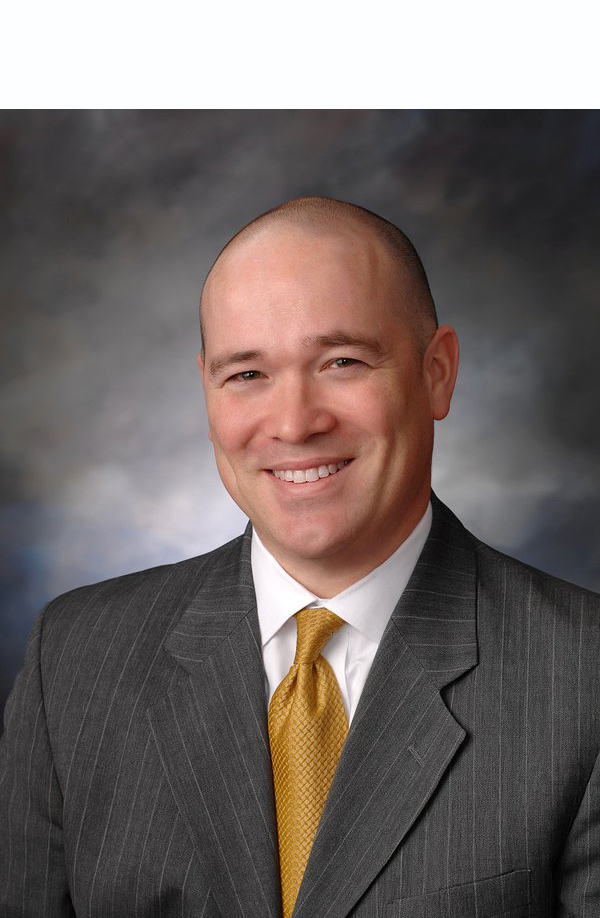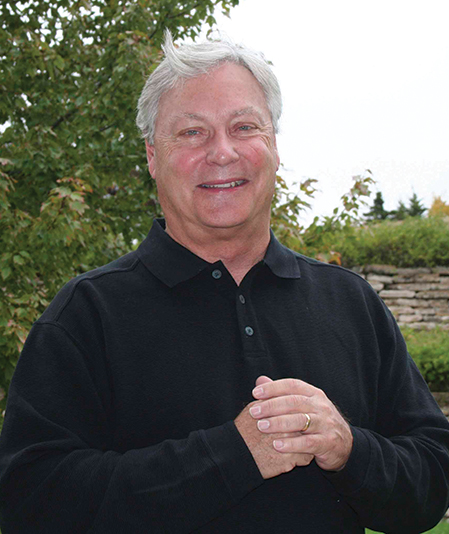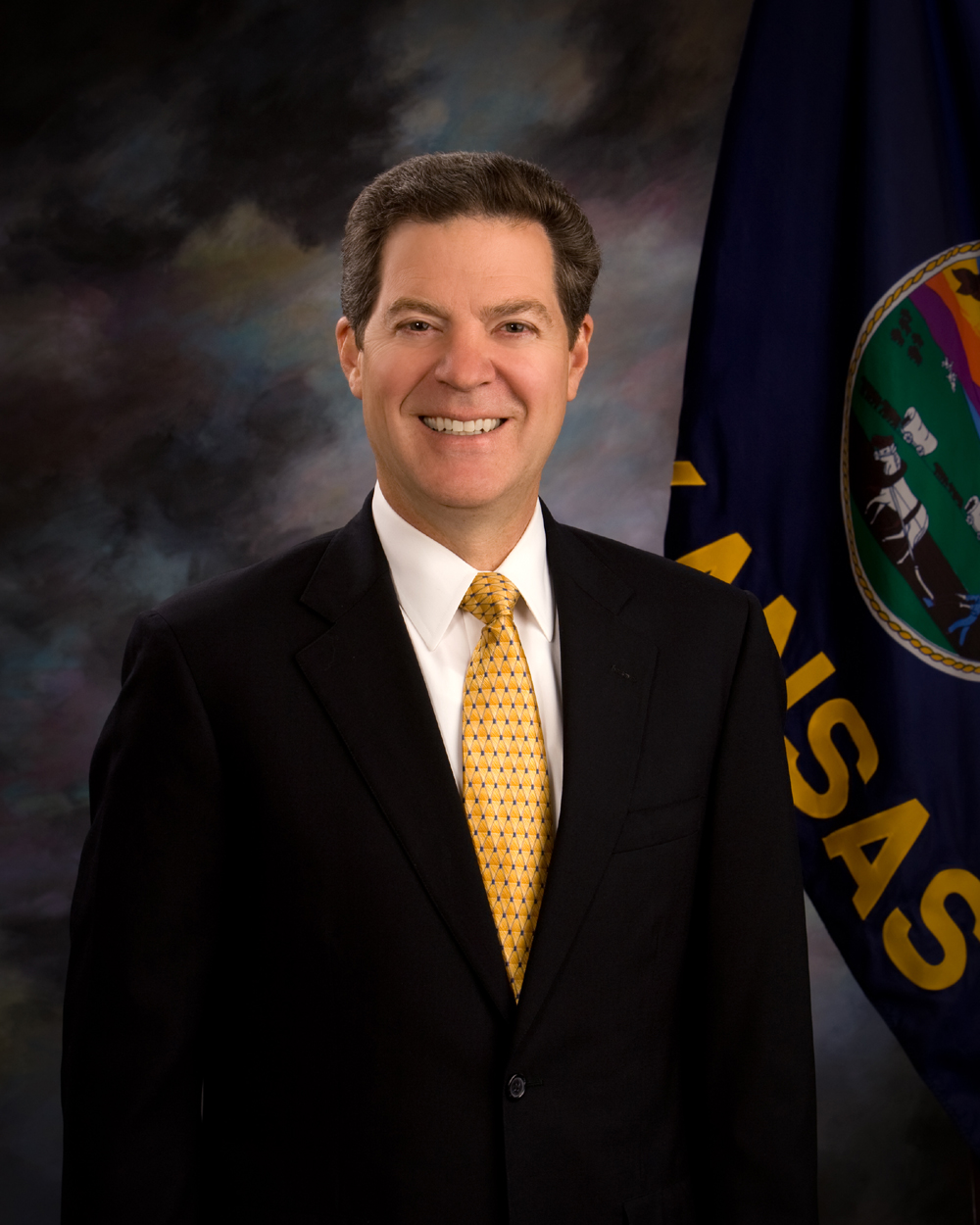
If you do not have a family member, friend or co-worker who suffers from a prescription opioid or heroin addiction problem, consider yourself lucky. A growing number of your fellow Kansans, on the other hand, are feeling the painful effects of America’s newest and most frightening drug epidemic.
The National Heroin Task Force’s Final Report published in December 2015 outlined the problems that law enforcement officers and public health workers in Kansas and across the nation are facing every day:
— More than 1.9 million people in America had a prescription opioid use disorder in 2014, and nearly 600,000 had a heroin use disorder.
— More than 27,000 overdose deaths in this country in 2014 involved prescription opioid medications or heroin. That is one death every 20 minutes.
— Heroin is more accessible and less costly than prescription opioids. In fact, nearly 80 percent of new heroin users reported that they started through the nonmedical misuse of prescription opioid pain medicines.
— The United States leads the world in the consumption of prescription opioid medications.
The U.S. Attorney’s Office for the District of Kansas is prioritizing prosecution of drug traffickers who deal in heroin, especially those who can be tied to fatal drug overdoses. High purity heroin presents a deadly threat of overdose to young people and individuals suffering from chronic pain. In Kansas, we have seen heroin packaged as “buttons” made of heroin whipped with lactose that caused massive overdoses immediately after ingestion. Our office has prosecuted cases involving overdose deaths of adults and teenage victims in Wyandotte, Johnson and Leavenworth counties. We are working with the Kansas Narcotics Officers Association and other organizations to educate law enforcement officers about the heroin and opioid epidemic.
We are prosecuting criminal pill mill operators, too. Two dozen defendants went to federal prison last year, for instance, when our office prosecuted a Lenexa doctor who unlawfully prescribed prescription pain medicines to a network of users and distributors on the streets of metropolitan Kansas City. Such prosecutions are aimed not only at taking specific offenders off the streets but also at sending a message that will deter others from doing the same.
Tough law enforcement alone, however, will not make this problem go away. The opioid crisis is fundamentally a public health problem. We all need to work together, including law enforcement, public health officials and medical professionals, youth leaders, parents, faith-based organizations, social service providers and educational institutions. Our goals should include slowing the flow of opioids into the community, reducing the number of overdose deaths, educating young people on the dangers of nonmedical opioid use, increasing access to treatment and recovery services and educating practitioners on safe and appropriate prescribing.
We have done some good things in Kansas already. K-TRACS, the state’s prescription monitoring system, is providing physicians and pharmacists with valuable information to help them manage their patients who are prescribed controlled substances. Drug Take Back Day events allowing consumers to safely dispose of prescription medications that might otherwise be diverted onto the streets are catching on in communities across the state. We need to build on those initiatives. Kansas should continue to be a leader in the nation’s fight against heroin and opioid abuse.
Tom Beall is the Acting U.S. Attorney for the District of Kansas.
























